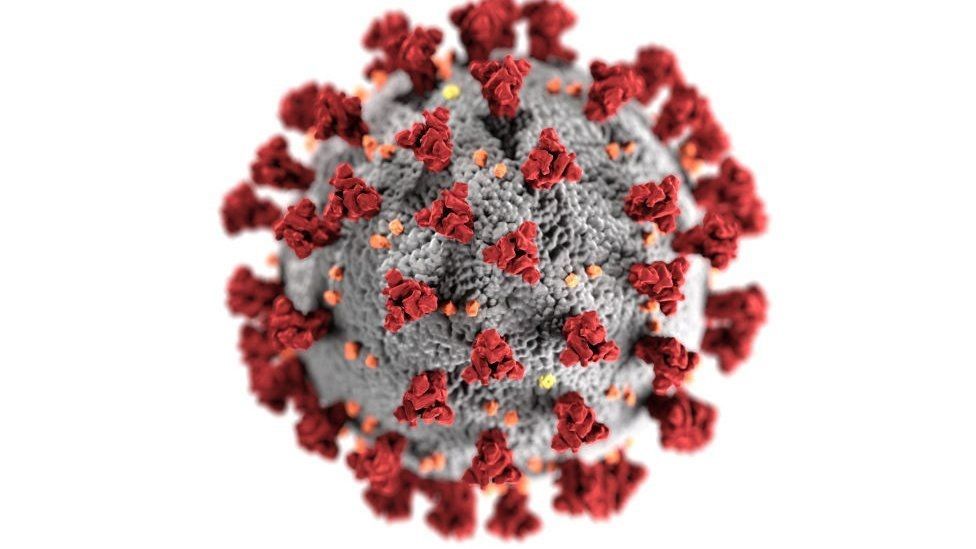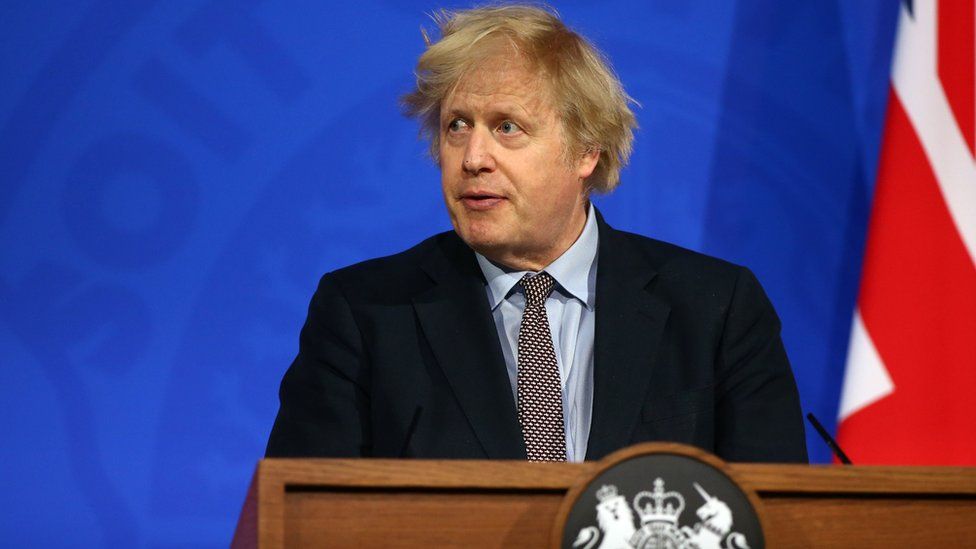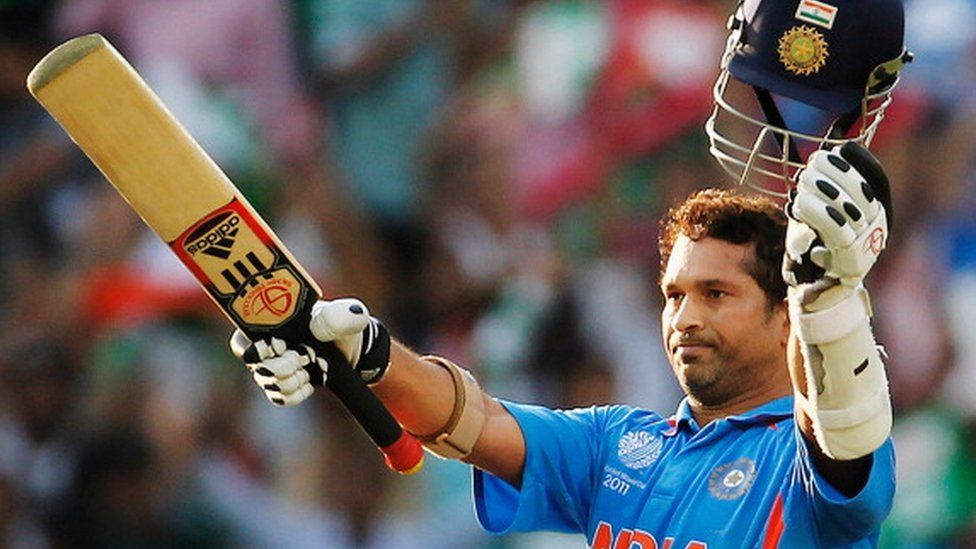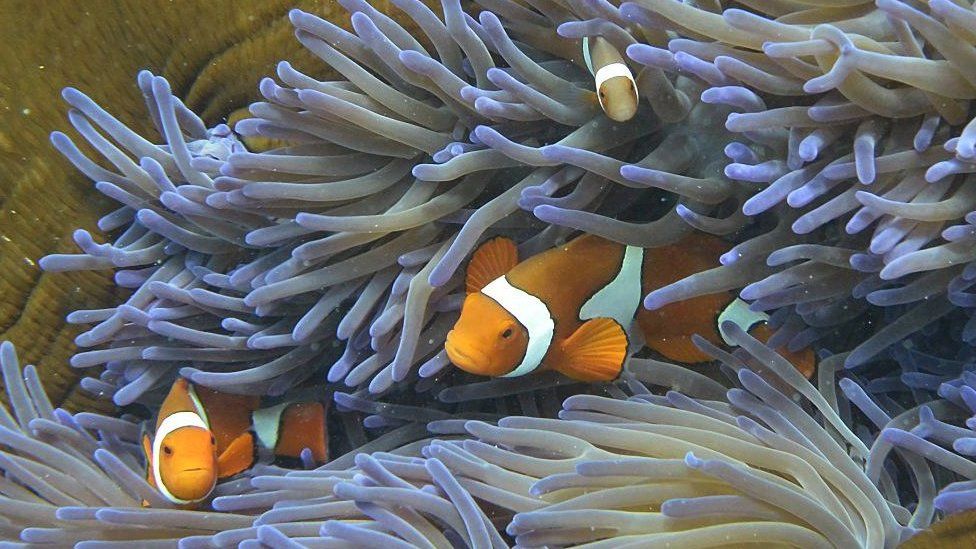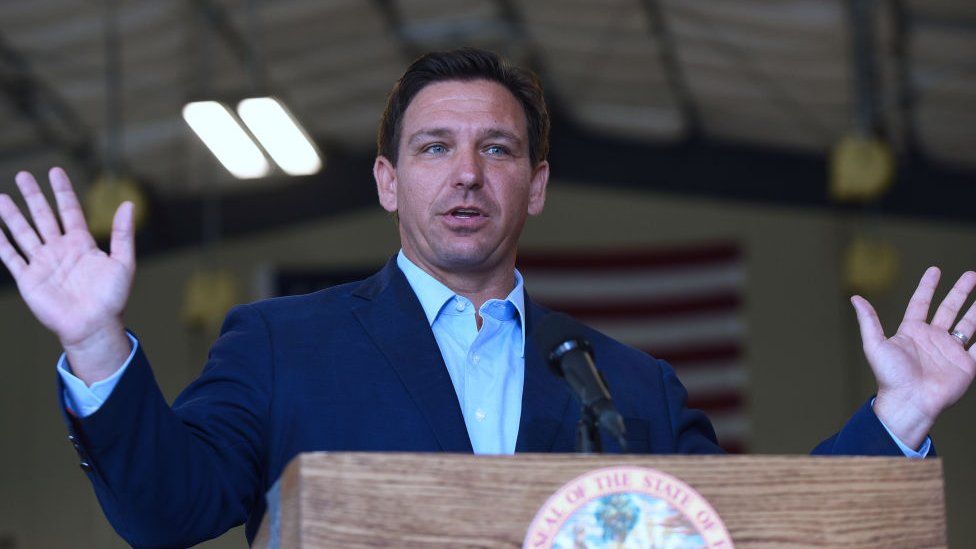New variant classed 'of concern' and named Omicron

Nov. 27: The World Health Organization (WHO) has declared a new coronavirus variant to be "of concern" and named it Omicron.
It had a large number of mutations, and early evidence suggested an increased reinfection risk, the WHO said. It was first reported to the WHO from South Africa on 24 November and has also been identified in Botswana, Belgium, Hong Kong and Israel.
A number of countries around the world have now decided to ban or restrict travel to and from southern Africa.
Travellers from South Africa, Namibia, Zimbabwe, Botswana, Lesotho and Eswatini will not be able to enter the UK unless they are the UK or Irish nationals, or UK residents.
US officials said flights from South Africa, Botswana, Zimbabwe, Namibia, Lesotho, Eswatini, Mozambique and Malawi would be blocked, mirroring earlier moves taken by the EU. It will come into effect on Monday.
Brazil and Australia also introduced travel restrictions.
'Bad news - but not doomsday'
On Friday, the WHO said the number of cases of this variant initially named B.1.1.529, appeared to be increasing in almost all of South Africa's provinces.
"This variant has a large number of mutations, some of which are concerning," the UN public health body said in a statement.
It said, "the first known confirmed B.1.1.529 infection was from a specimen collected on 9 November".
The WHO said it would take a few weeks to understand the impact of the new variant, as scientists worked to determine how transmissible it was.
A top UK health official warned that vaccines would "almost certainly" be less effective against the new variant. But Professor James Naismith, a structural biologist from the University of Oxford, added: "It is bad news but it's not doomsday."
He said mutations in the variant suggested it may spread more quickly - but transmissibility "is not just as simple as 'this amino acid does this'" and was determined by how mutations worked together.
Only about 24% of South Africa's population is fully vaccinated, which could spur a rapid spread of cases there, Dr Mike Tildesley, a member of the Scientific Pandemic Influenza Modelling group (Spi-M), told the BBC on Friday.
Meanwhile, US infectious disease chief Dr Anthony Fauci said that while the reports on the new variant threw up a "red flag", it was possible that vaccines might still work to prevent serious illness.
"Until it's properly tested... we don't know whether or not it evades the antibodies that protect you against the virus", Dr Fauci told CNN.
The WHO has warned against countries hastily imposing travel restrictions, saying they should look to a "risk-based and scientific approach".
However, in addition to the UK, and the US and the EU, a host of other countries have also announced restrictions:
- Japan has announced that from Saturday, travellers from much of southern Africa will need to quarantine for 10 days and take a total of four tests during that time
- India has ordered more rigorous screening and testing for travellers arriving from South Africa, Botswana and Hong Kong
- Iran will ban travellers from six southern African countries, including South Africa. Iranians arriving from the region will be admitted after testing negative twice, state TV says
- Brazil also said it was restricting travel to the region from six countries in Africa
- Australia announced on Saturday that flights from nine southern African nations would be suspended for 14 days
South Africa's Health Minister Joe Phaahla told reporters that the flight bans were "unjustified". "The reaction of some of the countries, in terms of imposing travel bans, and such measures, are completely against the norms and standards as guided by the World Health Organization," he said.
Echoing his words, Angelique Coetzee, chairperson of the South African Medical Association, told the BBC that the travel restrictions on her country were premature.
"For now, it is a storm in a tea cup," she said.
Only about 24% of South Africa's population is fully vaccinated, which could spur a rapid spread of cases there, Dr Mike Tildesley, a member of the Scientific Pandemic Influenza Modelling group (Spi-M), told the BBC on Friday.
Stock markets across the world also fell sharply on Friday, reflecting the fears of investors over the potential economic impact.
The FTSE 100 index of leading UK shares closed 3.7% down, while main markets in Germany, France and the US also sank.
Recent News

Do not make expressions casting dout on election: EC
14 Apr, 2022
CM Bhatta says may New Year 2079 BS inspire positive thinking
14 Apr, 2022
Three new cases, 44 recoveries in 24 hours
14 Apr, 2022
689 climbers of 84 teams so far acquire permits for climbing various peaks this spring season
14 Apr, 2022
How the rising cost of living crisis is impacting Nepal
14 Apr, 2022
US military confirms an interstellar meteor collided with Earth
14 Apr, 2022
Valneva Covid vaccine approved for use in UK
14 Apr, 2022
Chair Prachanda highlights need of unity among Maoist, Communist forces
14 Apr, 2022
Ranbir Kapoor and Alia Bhatt: Bollywood toasts star couple on wedding
14 Apr, 2022
President Bhandari confers decorations (Photo Feature)
14 Apr, 2022


